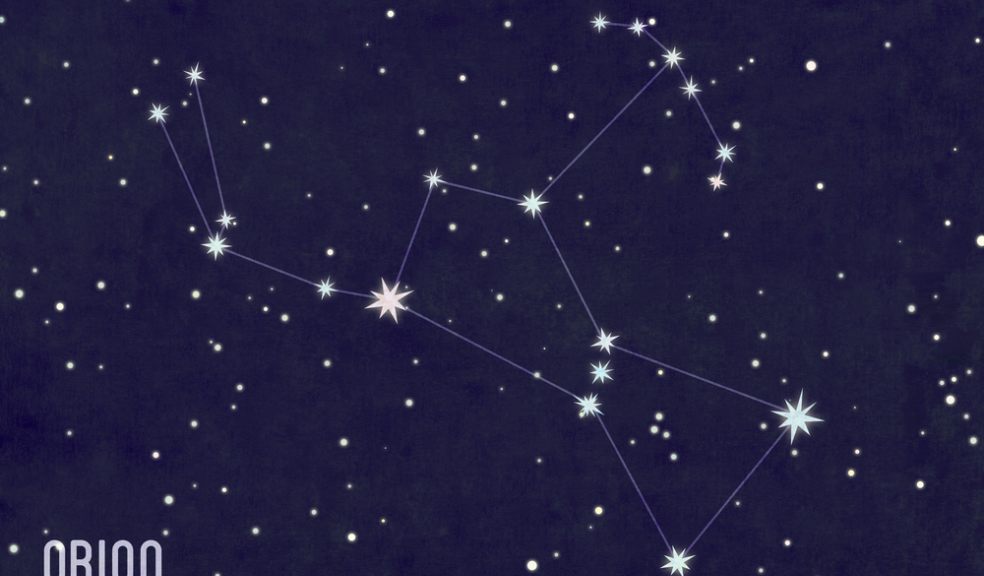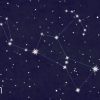
Star Count 2013 – Help restore serenity of dark skies
Rural campaigners and astronomers are calling on our nation’s ‘citizen scientists’ to take part in Star Count 2013 – a cosmic census which will help map light pollution across the country. Stargazers will be asked to count the number of stars they can see (with the naked eye) within the constellation of Orion. The national Star Count will take place Friday 8th February – Saturday 16th February. Everyone who joins in will have a chance to win a fantastic telescope. [1]
Emma Marrington, Campaign to Protect Rural England (CPRE) Dark Skies Campaigner, said:
"The Star Count survey will help us measure the extent of light pollution. We want to use this evidence to convince Ministers and local councils of the need to take action to control it, for example by ensuring that the correct lighting is used only where it is needed and when it is needed. This would cut light pollution, reduce carbon emissions and save money at the same time. Some local councils are already taking action to reduce light pollution in their areas; we need more to do the same."
CPRE (with support from the British Astronomical Association) is asking the nation to join in with the annual Star Count event. It is easy to take part; just spend a couple of minutes counting the stars you can see within the Orion constellation, on any evening between Friday 8th – Saturday 16th February. You can then report your count on CPRE’s website [2] and enter the prize draw to win a telescope or one of ten copies of the Stargazers’ Almanac [3].
CPRE President, Sir Andrew Motion, said:
"Reclaim darker skies! They are within our reach, and the growing awareness of thousands of people who value the night sky means we can halt the blight of light pollution. It may not seem the most serious environmental issue, but it has a range of significant impacts. It damages the character of the countryside, blurs the distinction between town and country, and denies people the experience of a dark, starry sky. Light pollution can disrupt wildlife and badly affect people’s sleeping patterns. Excessive lighting isn’t just an extravagance; it’s colossally wasteful."
The 2013 Star Count results will help create a new map which will show how light pollution is affecting the nation’s views of the night sky. This information will be used to lobby Government to produce guidance for local authorities on how to tackle light pollution. It will also be used to encourage councils to introduce lighting policies and consider how they can improve street lighting in their areas.
Sir Andrew concluded:
"If watching the stars is the closest we can get to time travel then a campaign to raise our sights to what is above us, and to combat the light pollution that increasingly robs us of our celestial views - and spoils the environment below - is all the more vital. We need as many people as possible to participate and in a few minutes you can do your bit to help reclaim the night sky."
For further details on how to take part visit www.cpre.org.uk
[1] Win a telescope
The AstroMaster Series telescopes produce bright, clear images of the moon and planets. It is easy to see the moons of Jupiter and the rings of Saturn with every one of these fine instruments. Generously supplied by David Hinds Ltd
[3] Runner up prizes: Stargazers’ Almanac 2013
10 runners-up will receive the Stargazers' Almanac 2013, generously supplied by Floris Books, a beautiful month-by-month guide to the night skies. The guide is ideal for newcomers to star-gazing and helps you enjoy the night sky with the naked eye - without a telescope.




















